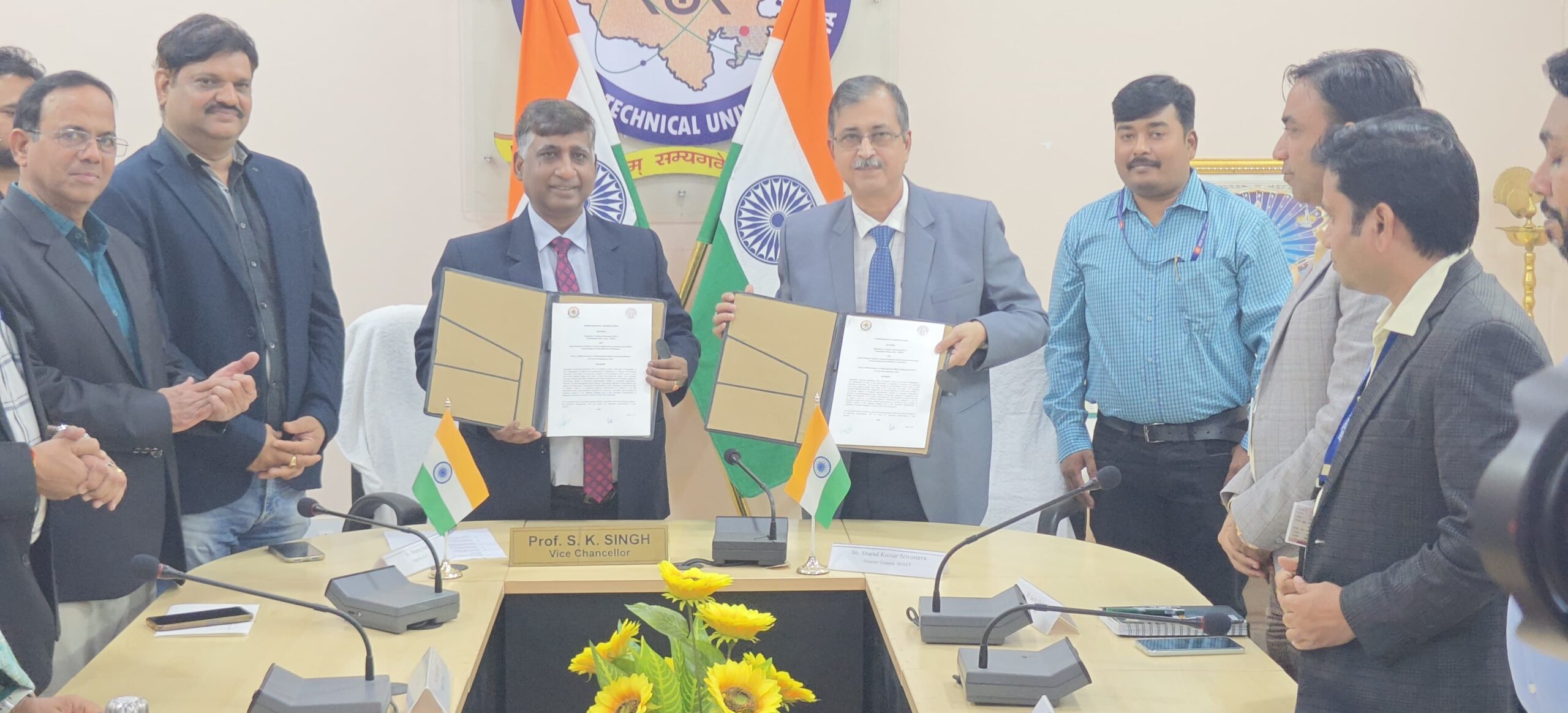CNN Central News & Network–ITDC India Epress/ITDC News Bhopal: Indian Railways has developed an indigenous Automatic Train Protection (ATP) system called ‘Kavach’ to enhance train operation safety. This system monitors train speed and applies automatic brakes in case of no driver response, preventing accidents. It ensures safe operations even in adverse weather conditions and is effective across diverse terrains, including hilly, desert, and coastal regions. Railway Minister Ashwini Vaishnaw recently tested the ‘Kavach’ system on the Sawai Madhopur-Indargarh section under the West Central Railway.
About IRISET
The Indian Railways Institute of Signal Engineering and Telecommunications (IRISET), located in Secunderabad, is a premier institution established in 1957 by the Ministry of Railways. It provides specialized training on signaling and telecommunications to railway staff and industry professionals.
IRISET has taken significant steps toward capacity building by fostering collaboration between academia and industry to expand knowledge and skills in Automatic Train Protection (ATP) systems like ‘Kavach’ and railway signaling.
Historic MoU Between IRISET and RTU
On Thursday, December 5, 2024, IRISET and Rajasthan Technical University (RTU) signed a Memorandum of Understanding (MoU) to introduce railway signaling and the Kavach system as optional subjects for RTU students. The MoU was signed by IRISET Director-General Sharad Kumar Srivastava and RTU Vice-Chancellor Professor S.K. Singh, in the presence of West Central Railway Kota Chief Signal and Telecommunications Engineer (Project) Sachin Shukla, RTU Dean V.K. Gorana, and other officials.
Key Objectives of the Partnership
This MoU will provide RTU students and faculty access to IRISET’s advanced facilities and training resources, significantly enhancing students’ understanding of railway signaling systems, particularly the Kavach system. The collaboration aims to build knowledge and skills in transportation technologies while emphasizing railway safety and accident prevention through Kavach.
Achievements of the Kavach Project
By October 2024, the Kavach project had achieved the following milestones:
Installation of 4,960 km of optical fiber cable
Deployment of 378 telecom towers
Implementation of Kavach-enabled systems at 381 stations and on 482 locomotives
In July 2024, Kavach Version 4.0 was introduced, offering advanced features such as improved signaling and coordination with electronic interlocking systems. Plans are underway to expand this system to 10,000 locomotives and 15,000 route kilometers.
Cost and Investments
The Kavach system costs approximately ₹50 lakh per kilometer and ₹80 lakh per locomotive. To date, ₹1,547 crore has been spent, with an additional ₹1,112.57 crore approved for the 2024-25 fiscal year.
#IRISET #RTU #HistoricMoU #EducationPartnership #InnovationInEducation







